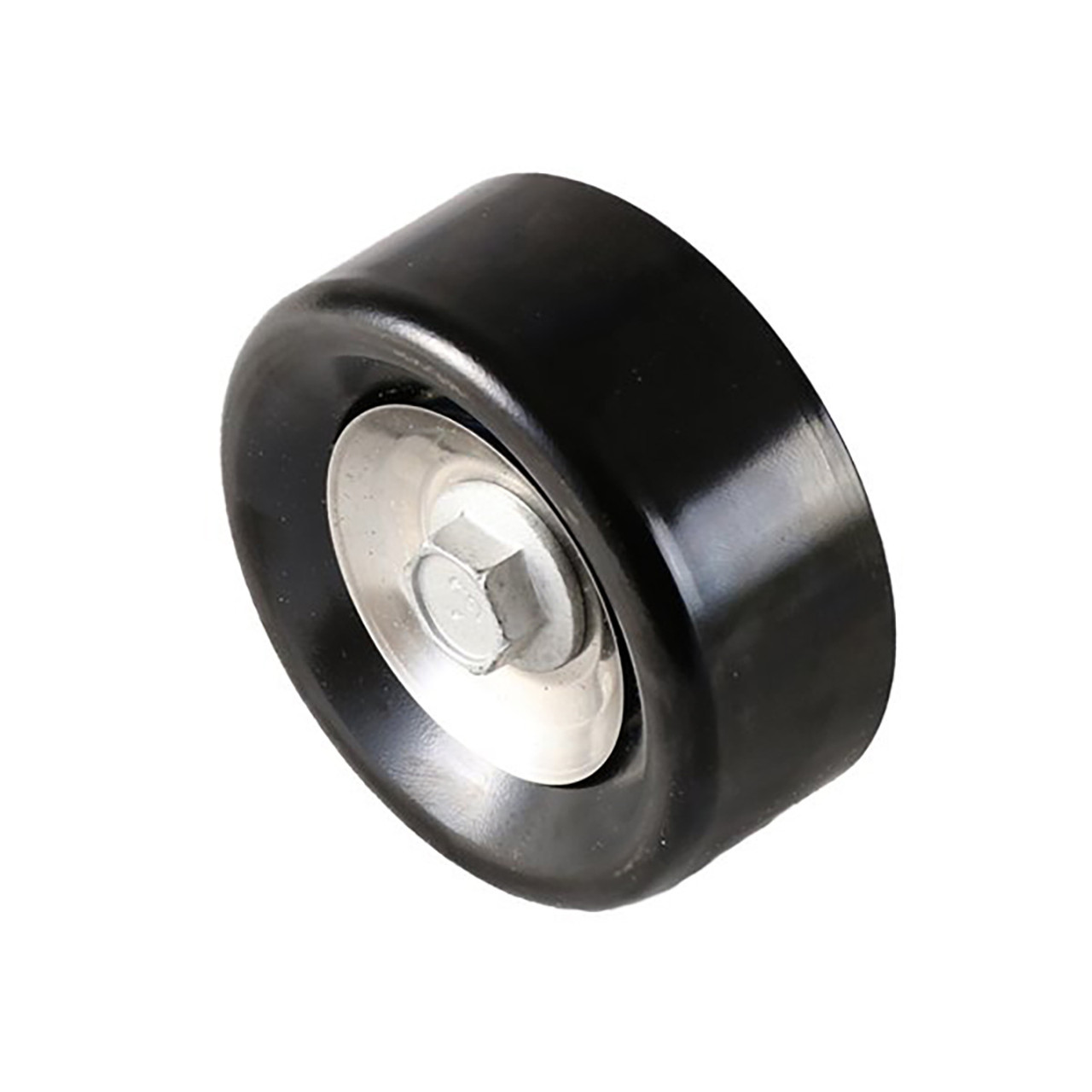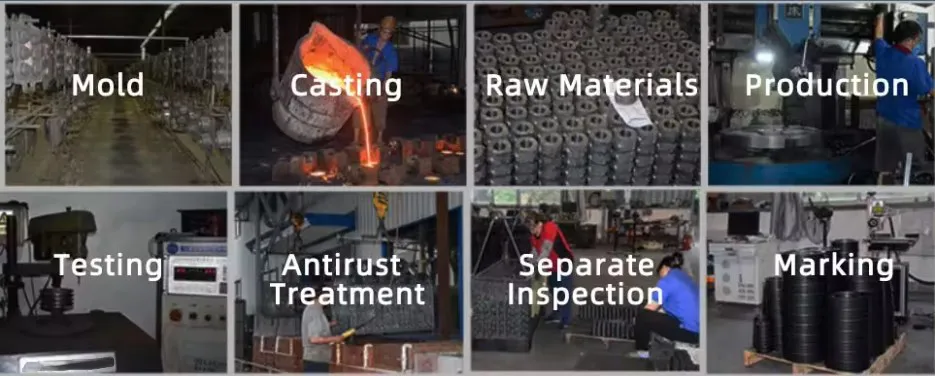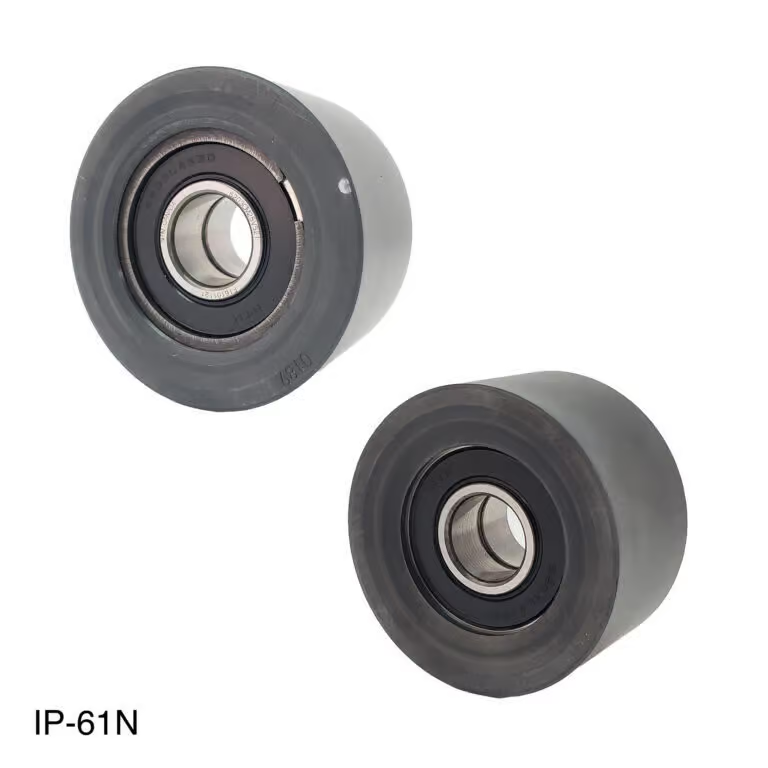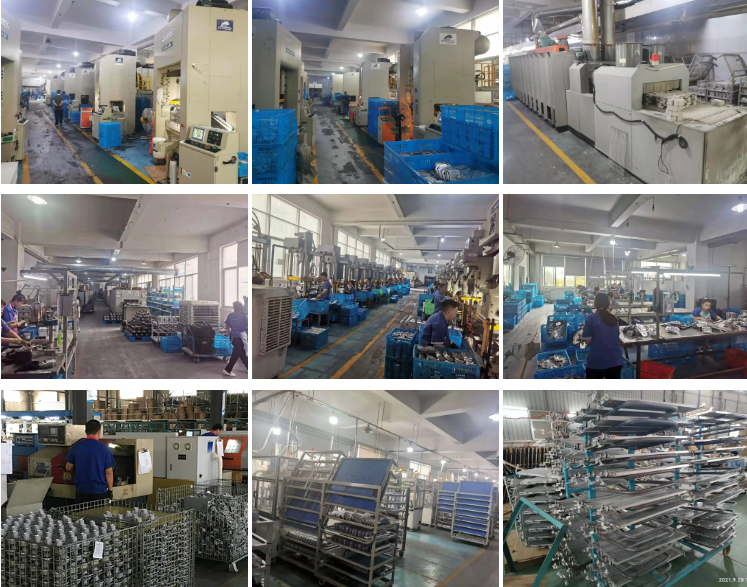What does a idler pulley do?
- Supports and maintains tension on the belt
- Helps guide the belt along its path
- Reduces wear and tear on the belt
- Prevents slippage of the belt
- Assists in reducing noise and vibration
What happens when an idler pulley goes bad?
- Increased noise from the engine
- Visible wear on the pulley surface
- Uneven belt wear
- Overheating of the engine
- Belt slipping or coming off
Does idler pulley need to be replaced?
- Regular inspection and maintenance can prevent premature replacement
- If signs of wear or damage are present, replacement is recommended
- Replacing the idler pulley can prevent further damage to the engine
- Ensuring proper belt tension is crucial to the function of the idler pulley
- Consulting a professional mechanic for replacement is recommended
Advantages of idler pulleys:
- Enhanced belt performance and longevity
- Improved engine efficiency
- Reduced maintenance and repair costs
- Quieter engine operation
- Increased overall vehicle reliability
Process of Compound Pulley
Mold
The mold is created to form the shape of the pulley.
Casting
The raw materials are melted and poured into the mold to form the pulley.
Raw materials
High-quality materials are used to ensure durability and performance.
Production
The pulley is manufactured according to precise specifications.
Testing
Each pulley undergoes rigorous testing to ensure quality and performance.
Antirust treatment
A special coating is applied to protect the pulley from corrosion.
Seperate inspection
Each pulley is inspected individually to ensure it meets quality standards.
Marking
Each pulley is marked with identification for traceability and quality control.
What is the function of the tensioner and idler pulley?
- Ensure proper tension on the belt
- Guide the belt along its path
- Reduce wear on the belt
- Prevent slippage of the belt
- Help maintain engine efficiency
- Minimize noise and vibration
- Contribute to overall vehicle reliability
How to stop a idler pulley from squeaking
- Check and adjust belt tension
- Apply lubricant to the pulley
- Inspect for wear or damage
- Replace the pulley if necessary
- Regular maintenance and inspection
About HZPT
HZPT, established in 2006, is a leading manufacturer of precision transmission components based in Hangzhou. We specialize in producing various components and can customize products to meet your needs. Our overseas sales team ensures efficient service and competitive pricing. Our products are highly regarded in Europe and America for their quality and reliability. We offer top-notch service, high product quality, and competitive prices. Quality and customer satisfaction are our top priorities.



